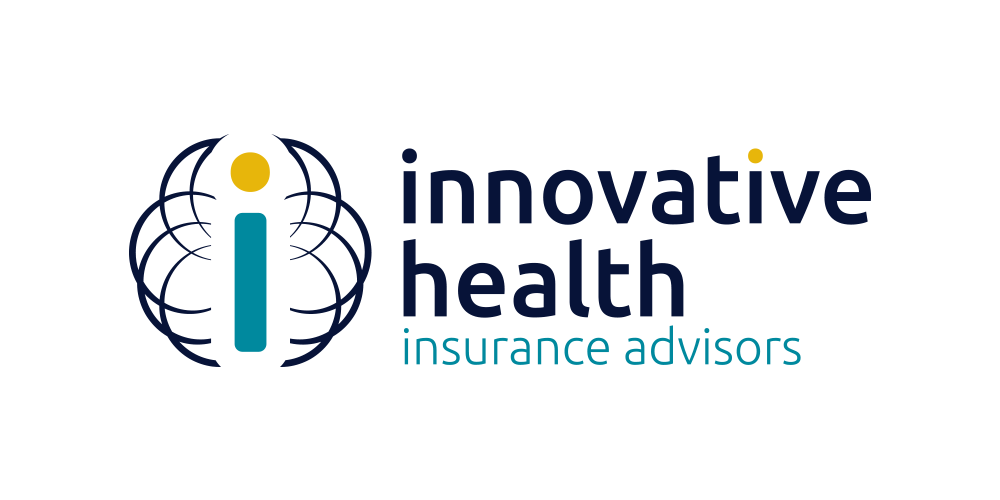A new data analysis report from the Kaiser Family Foundation (KFF) finds the vast majority of Americans who lost their job amid COVID-19 will be eligible for government-subsidized health coverage.
The KFF report, issued May 13, identifies 79% of Americans that lost their job due to COVID-19 related factors “are likely eligible for subsidized coverage, either through Medicaid (12.7 million) or through the ACA’s marketplaces (8.4 million).”
Of the nearly 13 million potentially eligible for Medicaid, individuals will have a more affordable option if their home state was one of the 37 to have expanded Medicaid.
The remaining eight million and counting will apply for a Premium Tax Credit through either a state or federal health exchange.
Some of these individuals may wrongfully receive the government subsidy, as a recent TIGTA report finds. Whether they correctly receive the subsidy or not, the onus will be on employers to maintain accurate records as they gear up to file their 1094-C and employee 1095-C’s with the IRS next year. Without detailed record-keeping and an accurate ACA filing, employers could potentially expose themselves to significant ACA penalties.
As a reminder, PTCs are the trigger for the IRS issuing Letter 226J penalty notices to employers identified as having failed to comply with the ACA’s Employer Mandate for a specific tax year.
Under the ACA’s Employer Mandate, Applicable Large Employers (ALEs) (organizations with 50 or more full-time employees and full-time equivalent employees) are required to offer Minimum Essential Coverage (MEC) to at least 95% of their full-time workforce (and their dependents). Whereby such coverage meets Minimum Value (MV) and is Affordable for the employee or be subject to Internal Revenue Code (IRC) Section 4980H penalties.
If individuals wrongfully received a PTC, the burden falls on the employer to not only have their ACA practices and filing tight-nit, but to also prove to the IRS that the individual did not qualify. For those who correctly received the PTC, it is important that employers code the employee’s 1095-C correctly to prove why the PTC should not result in a corresponding penalty.
With states passing special enrollment periods allowing individuals to enroll in their health exchanges indefinitely, employers may see a significant uptick in the number of IRS penalty assessments in the mail due to more PTCS being issued.
This could prove problematic for employees, currently facing financial challenges from COVID-19, among other issues including furloughs, layoffs, changes in employee classification, and so on.
Employers should explore ACA Complete as a solution to ACA compliance and have peace of mind knowing their workforce changes are being documented and handled by a third-party expert who specializes in data consolidation, analysis and regulations.
What is the takeaway? Confirm and double-check your ACA compliance strategy.
If your clients are struggling with the cost of being ACA compliant consider one of our 4 “Minor Medical” plan options that range from $45 – $125. Our “TRIO” combines a MEC, “Minor Medical” and an MVP offering. We have the ability to bundle our Level Funding Major Medical plan options for those Managers/Key Employees and owners that are desiring more traditional coverage.
ACA is complex enough, trying to place a square peg into a round opening just does not work, Now’s the time to start thinking outside the current benefit box and presenting options that make sense. Thank to our partners at First Capital Consulting/ACA Times for their continued ACA regulation updates.


